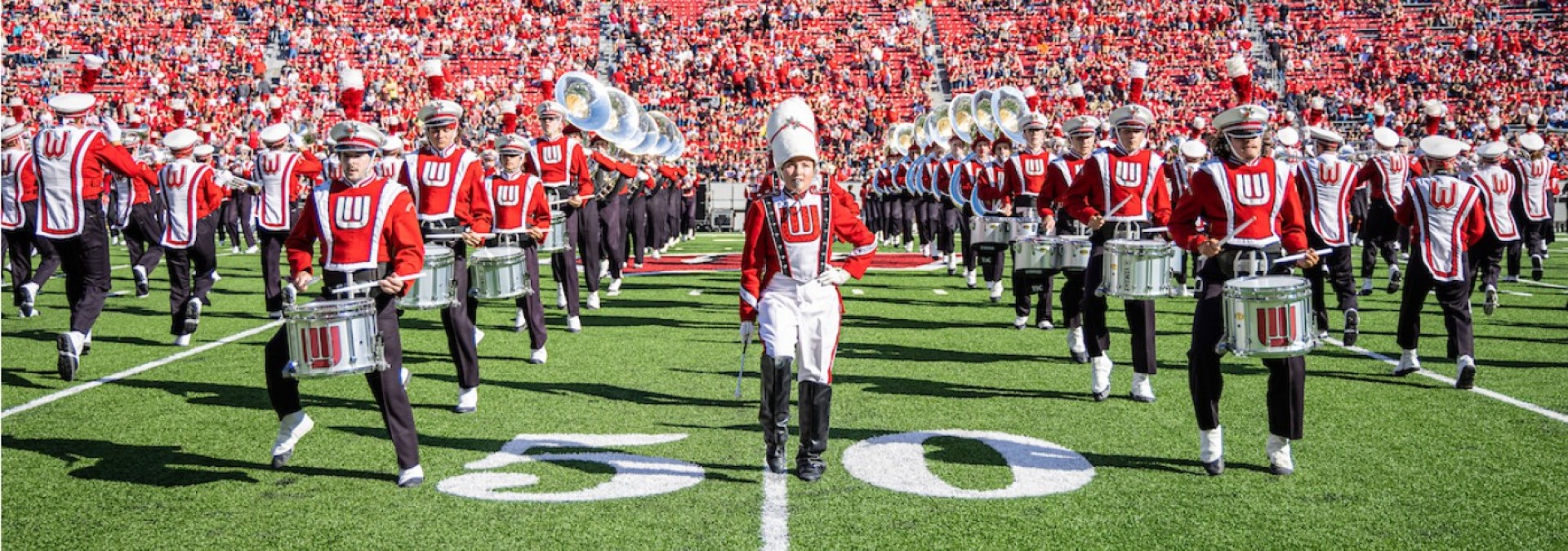×
Glossary
Acceptance Letter: An official letter from a college or conservatory stating that a student has been admitted.
Audition Travel: The cost of traveling to a college or conservatory to perform a live audition as part of the admissions process.
College Conservatory: A specialized college or school within a university that focuses specifically on training students in music, dance, or drama.
Credit Score: A number based on credit history that lenders use to evaluate the likelihood of someone repaying a loan. A higher score often helps secure better loan terms.
Crowdfunding: Raising small amounts of money from many people—usually online—to support a project or need, like audition travel or tuition.
Federal Aid: Financial assistance from the U.S. government to help students pay for college, often based on financial need (includes grants, work-study, and loans).
Financial Gap: The difference between the total cost of attending a school and the amount of money available through scholarships, aid, and family contributions.
Institutional Scholarship: Money awarded by a college or university to a student, typically based on talent, academics, or financial need. This money does not need to be repaid.
Internship: A supervised work experience, sometimes for academic credit, that allows students to gain practical experience in their field of study.
Invisible Costs: Expenses that are often overlooked when budgeting for college—such as new instruments, summer programs, or travel for auditions.
Loan Co-Signer: An adult (usually a parent or guardian) who agrees to repay a loan if the student borrower cannot. Their credit history also affects the loan terms.
Masterclass: A specialized class where students perform and receive feedback from a master teacher—often used to prepare for auditions or elevate performance skills.
MPOWER Financing: A private loan company that provides loans specifically for international students or those without a co-signer.
Pre-College Programs: Summer or school-year programs at music colleges or conservatories designed to prepare high school students for college-level auditions and study.
Private Loan: Money borrowed from a bank, credit union, or online lender—not the government—to help cover college expenses not met by scholarships or federal aid.
Professional Concert Attire: Formal clothing required for performance, such as tuxedos, black dresses, or uniforms—an often unexpected cost for music majors.
Recording Equipment: Microphones, audio interfaces, or software used by students to record their audition materials or portfolios.
Scholarship Offer: The official notice from a school stating how much financial support is being awarded to the student, typically included with or after the acceptance letter.
Summer Intensives: Short-term, highly focused training programs during the summer, often held by colleges or conservatories to help students develop skills or prepare for auditions.
Tuition and Fees: The basic costs charged by a college for instruction, use of facilities, and administrative services.


.png) ARTICLE GLOSSARY
ARTICLE GLOSSARY

.png)
.png)


.jpg)
.jpg)

.jpg)

.png)




.jpg)
.png)










.jpg)



.jpg)
.jpg)
.jpg)
.jpg)
.jpg)

.png)
.png)

